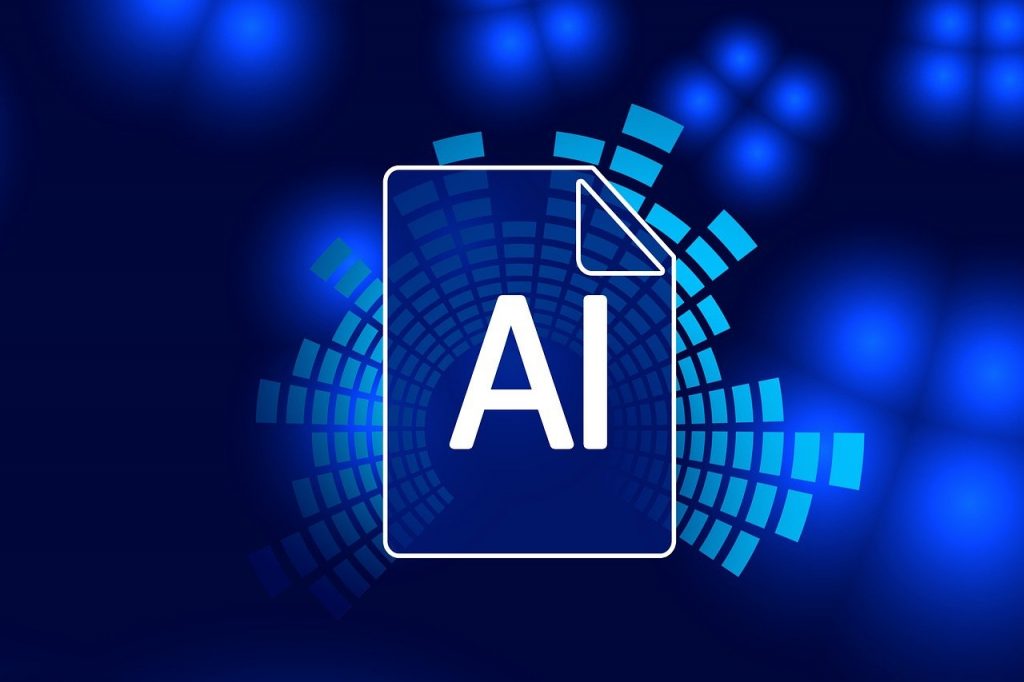Lucia Adams
Professional data scientist, Data Enthusiast. #DataScience #BigData #AI #MachineLearning
If you’re seeking a career path that can withstand the ebbs and flows of time while offering ample opportunities for personal and...

Image Credits: pixabay
If you’re seeking a career path that can withstand the ebbs and flows of time while offering ample opportunities for personal and professional growth, then pursuing a career in artificial intelligence (AI) is a wise choice.
If you are not sure what is AI, and why you should learn AI, and how it can help you advance in your career, then make sure to read this article till the end, I have shared some practical and real-time examples & data.
We are living in a world where technology is continually advancing, and choosing AI as a career path sets you up for a dynamic, fulfilling, and future-proof profession.
The evolution translates into upcoming several job opportunities and competitive salaries for aspiring candidates in the roles of AI consultants. When Deloitte surveyed Top Business leaders, 40% said they were adding jobs due to AI implementation while only 8% said they were cutting jobs.
Keeping this in mind, we can say that AI will drastically alter the way we work in the coming years, and businesses are looking for employees who can adapt to this change and support their operations.
Now, let’s say step by step way to learn AI.
AI online courses offer an accessible and flexible way to Learn Artificial Intelligence. These courses provide a solid foundation in AI principles and techniques, often featuring hands-on projects that enable students to apply their newfound knowledge.
USAII has designed these comprehensive courses to cater to everyone, from novices to experienced professionals. These comprehensive courses cater to everyone, from beginners to experienced professionals.:
In collaboration with MIT xPRO, USAII also presents a two-course program on Machine Learning for New Age AI. This unique offering demystifies machine learning through computational engineering principles and real-world applications.
AI boot camps provide a more comprehensive education, focusing on practical, hands-on training in machine learning, data processing, and other AI techniques.
Bootcamps like Brain Station, Springboard, and The Data Incubator offers immersive, career-focused training that prepares students for entry-level AI positions and often provides job placement assistance and networking opportunities, giving students a competitive edge in the job market.
Subscribe to newsletters, follow influential AI scientists and organizations on social media, and attend conferences to keep your knowledge current.
Here are a few:
Learning AI isn’t just about pursuing a flourishing AI career. AI has the potential to transform numerous sectors, including healthcare, finance, education, and entertainment.
Practical experience is invaluable when learning AI. Seek internships, freelance projects, or even personal projects to apply your AI skills in real-world situations.
Join AI communities, participate in online forums, and attend local meetups to expand your network and knowledge.
You can join some like:
While structured courses and boot camps offer a solid foundation in AI, self-directed learning and experimentation are also essential. Set aside time to explore AI topics that interest you, read research papers, and experiment with new tools and techniques. This approach will help you develop a deeper understanding of AI and foster a growth mindset.
Develop complementary skills such as programming, data analysis, and statistics. These skills will enable you to understand better and implement AI solutions. Consider learning popular programming languages like Python, R, and JavaScript, which are commonly used in AI projects.
Mentors can give their own advice, guide you and help you face the challenges of AI learning. You can find good mentors through your professional network.
Competitions and hackathons are the best opportunities to test your skills, compare with others and Learn Artificial Intelligence related things. Moreover, it will help you to expand your professional circle.
AI is a drastically evolving field. It needs daily new learnings. Be ready to accept the changes evolving in technical fields.
Enrol with the top AI Certifications if you wish to build a strong base and a lifetime career. However, the best way to Learn Artificial Intelligence is to enroll in some well-known certification courses, which will provide you with all of the necessary resources to learn from as well as advice on potential networking opportunities. Nothing beats professional recommendations!